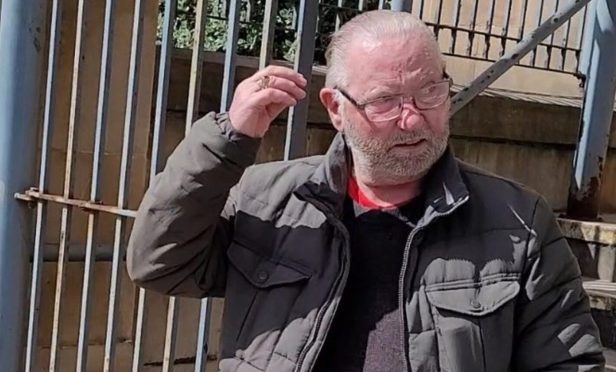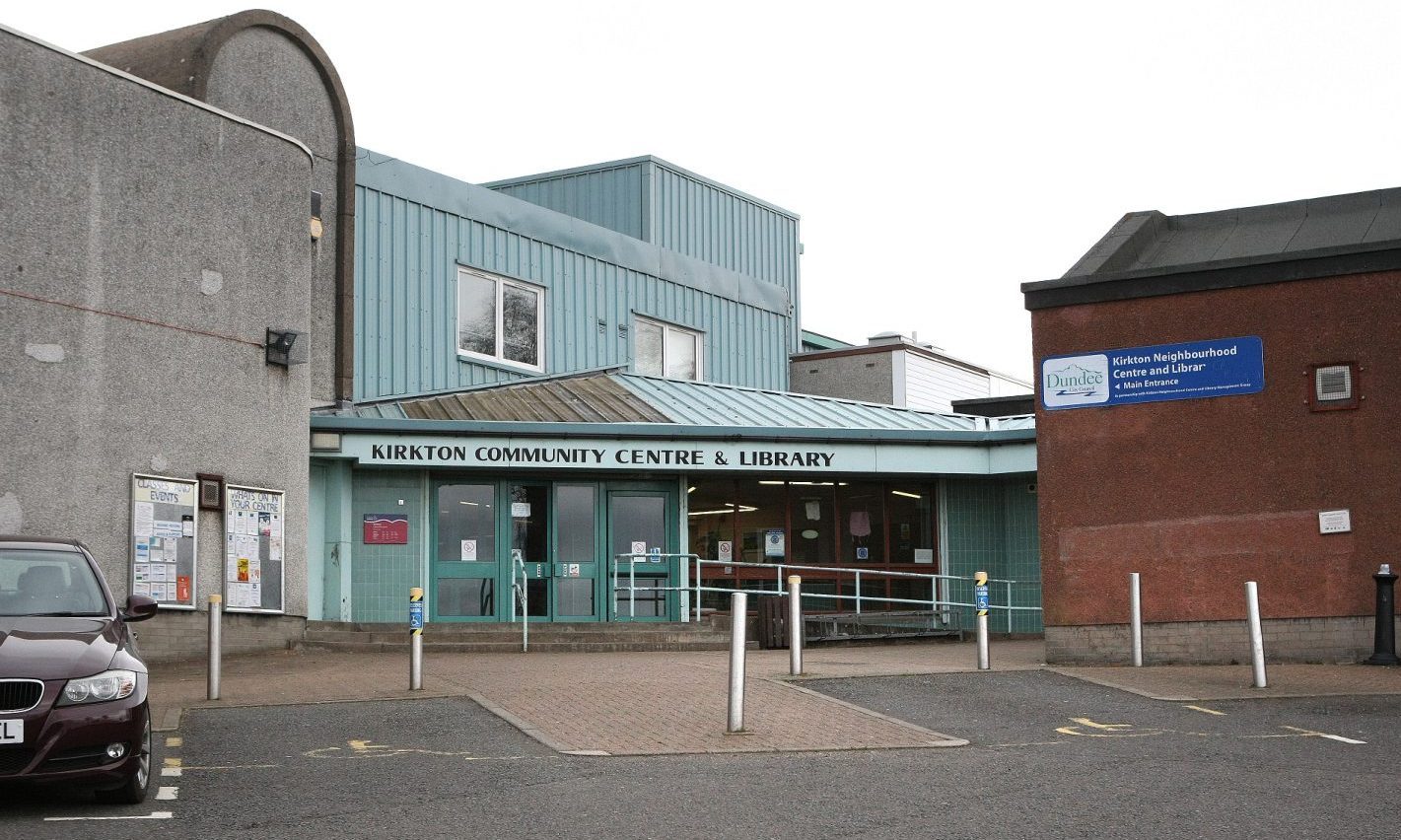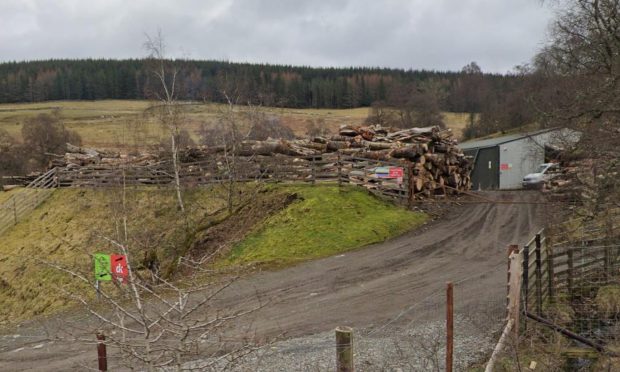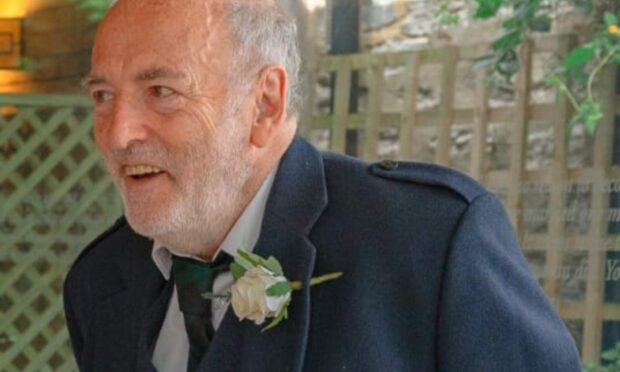Scotland’s public services watchdog has said it is “concerned” NHS Tayside did not recognise failings regarding the treatment of a dying man after his daughter lodged an official complaint.
The woman complained to the Scottish Public Services Ombudsman over the care and treatment provided to her father, named as Mr A, during two admissions to Ninewells Hospital.
Named only as Mrs C, she raised issues around nursing care, medical treatment, surgical treatment, communication and the health board’s handling of complaints.
The ombudsman upheld Mrs C’s complaints about nursing care after finding there had been failings in relation to wound assessment and management, pressure ulcer prevention, mouth care and the administration of medicine.
The report added: “We were also concerns that the board’s own investigation had not identified these failings.”
However, the SPSO only partially upheld complaints made about the medical treatment given to Mrs C’s father. It said while treatment was generally good, he did at points, have to endure a 12-hour delay before being given antibiotics.
It also ruled Mr A had received good surgical treatment.
The ombudsman also said while there was generally good communication between hospital staff and the patient’s family, “gaps” began to emerge when his condition began to deteriorate and he was no longer able to retain or convey as much information.
The SPSO ruled this was “unreasonable” and upheld Mrs C’s complaint.
It also ruled NHS Tayside had handled poorly Mrs C’s subsequent complaints about her father’s treatment.
In its written judgment the SPSO states: “We found that there were significant and unacceptable delays throughout the complaints process, and that communication from the board was reactive rather than proactive.
“We also found that there were a number of failures or delays in answering Mrs C and her family’s questions. ”
The SPSO asked NHS Tayside to apologise to Mrs C for failing to provide reasonable nursing care, failing to provide reasonable medical treatment and for failures in communication and the handling of her complaint.
It also recommends patients should be reviewed by palliative care staff in a timely manner and “efforts should be made to make patients comfortable during the end of life period”.
It stated NHS Tayside should ensure all complaints are handled in a “reasonable and timely manner”.
An NHS Tayside spokeswoman said: “We have apologised to the family and are taking actions to address the recommendations in the report within the agreed timescales.”










